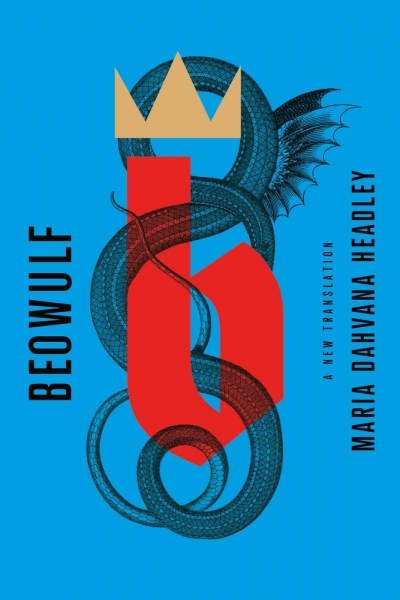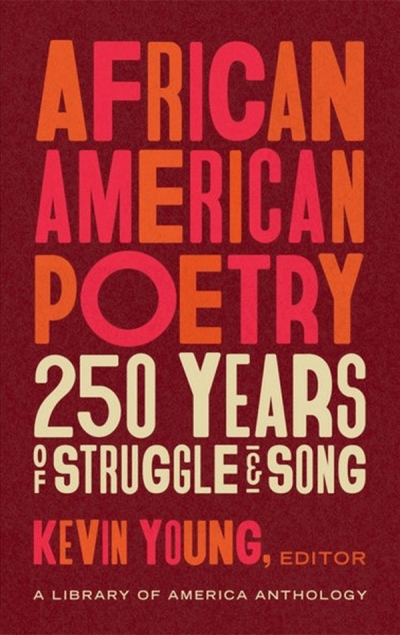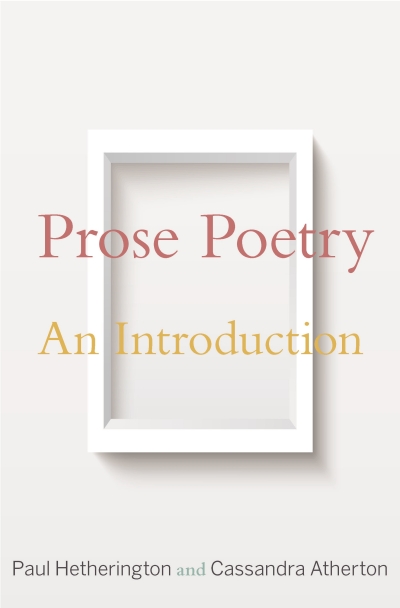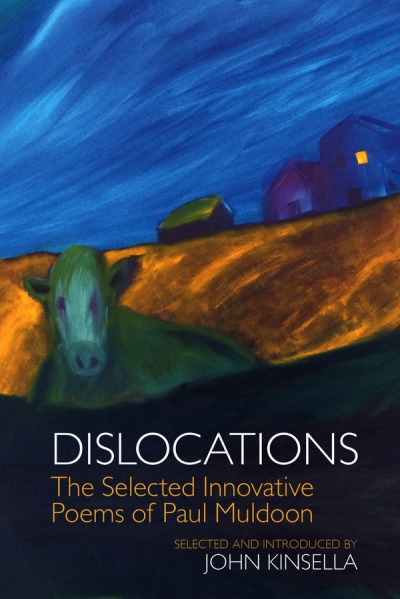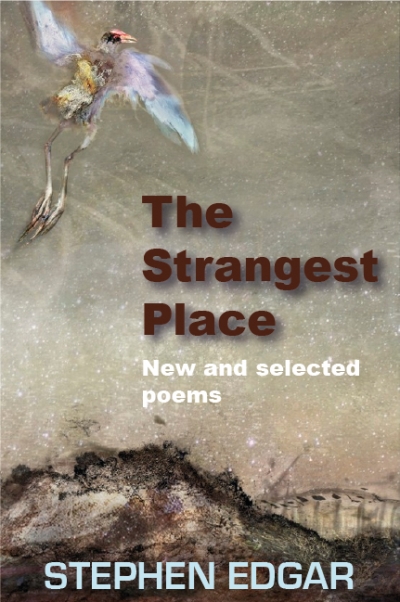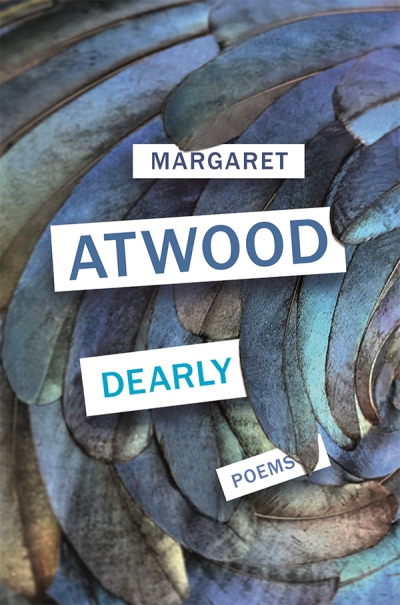Poetry
Only one manuscript of Beowulf has survived. It was in Sir Robert Cotton’s library. Cotton had been a student of that careful genius William Camden, who, through a lifetime’s work, formulated a different view of history: not the record of victory but the recollection of lost worlds and times. He and his fellow Antiquarians searched out fragments and ruins: Roman urns in the fields, Saxon burials under St Paul’s, a giant’s thigh-bone under a London cellar. They collected ancient manuscripts.
... (read more)Few books blur the line between beauty and ugliness more than Thomas Mann’s Death in Venice (1912). The novella follows the ageing writer Aschenbach, whose absurd over-refinement – born in part of repressed homosexuality – is dismantled by Tadzio, a beautiful boy he encounters on holiday in Venice. His obsession with Tadzio represents the displacement of mortality (Aschenbach will soon succumb to cholera) through a wilful surrender to decadence and decay.
... (read more)African American Poetry: 250 years of struggle and song by edited by Kevin Young
The Library of America has published massive anthologies of nineteenth- and twentieth-century American poetry that include work from multiple racial and ethnic backgrounds, so why now another large book devoted exclusively to African Americans? Because it needs to be said and said again just how profoundly American this poetry is, how it enriches culture and should not be ignored among the more conventionally canonised. The fact that this book appeared in 2020, the year when Black Lives Matter protests went global, only underlines its importance as a historical marker. Poetry by Black Americans is not only unignorable but central to American literary life. Reading African American Poetry: 250 years of struggle and song may change your way of reading poetry, particularly modern poetry. It is that rare thing among anthologies, a moving book, enlivened by fire and soul.
... (read more)Toby Davidson’s first collection, Beast Language, was published nine years ago. That feels surprising: its freshness then makes it feel more recent now. Much of the movement in that book is present in his new collection, Four Oceans (Puncher & Wattmann, $25 pb, 93 pp), literally so, as we begin with a long sequence aboard the Indian Pacific from Perth to Sydney. It’s his younger self again, leaving home for the ‘eastern states’, but with an esprit de l’escalier twist, as that younger self gets to see and describe everything with the eye and language of the older, freer, more assured Davidson.
... (read more)Prose Poetry: An introduction by Paul Hetherington and Cassandra Atherton
It speaks volumes that almost a century and a half after Baudelaire’s Paris Spleen announced the modern prose poem, James Longenbach influentially defined poetry as ‘the sound of language organized in lines’. An otherness, bordering on illegitimacy, pervades what Cassandra Atherton and Paul Hetherington argue is ‘the most important new poetic form to emerge in English-language poetry since the advent of free verse’. The book vindicates this claim. No less compelling, however, is the way the prose poem, long defined in negative terms, here becomes the whetstone over which old assumptions – about the prosaic, the poetic, and the daylight between the two – are run to a fresh sharpness.
... (read more)These three new poetry collections are works by established poets at the top of their game in terms of poetic craft and the honing of insights into both life and art. These are voices developed across a significant number of previous collections, allowing for an emergence of innovation, confidence, and ease of style and mood.
... (read more)Oliver Driscoll’s note on his first book I Don’t Know How That Happened (Recent Work Press, $19.95 pb, 74 pp) praises the inclusive flatness of David Hockney’s still life paintings, and it is to this inclusiveness that his poems and prose pieces aspire. Droll reported speech creates a comic atmosphere but also moves into Kafkaesque alienation where nothing seems to follow any pattern.
... (read more)Dislocations: The selected innovative poems of Paul Muldoon edited by John Kinsella
Dislocations is a product of the Irish diaspora. Its editor is a Western Australian who claims his Irish heritage from Carlow and Wicklow; its subject was brought up on the border between counties Armagh and Tyrone in Northern Ireland, and emigrated to the United States in 1987. There is, then, a biographical precedent for John Kinsella’s sharp characterisation of Paul Muldoon’s work as ‘a liminal poetry that lives both sides of any given border … in an ongoing state of visitation with its roots in linguistic and cultural reassurance’.
... (read more)Stephen Edgar, over the past two decades or so, has earned himself an assured place in contemporary Australian poetry (even in English-language poetry more generally) as its pre-eminent and most consistent formalist. His seemingly effortless poems appear in substantial overseas journals, reminding readers that rhyme and traditional metre have definitely not outlived their usefulness.
... (read more)Margaret Atwood began as a poet and transformed herself into a factory, producing work of great energy and range. Since her first collection, Double Persephone, appeared in 1961, she has published more than sixty books of poetry, fiction, and non-fiction. She is a librettist, a maker of eBooks, graphic novels, and television scripts, and, with the serialisations of The Handmaid’s Tale and Alias Grace, a beloved global phenomenon. Much of this work builds on genre fiction bones: the gothic romance, the dystopian novel, and speculative fiction. But now it has become difficult to see her poetry as anything more than an adjunct to her prose, attracting attention less because of its merits as poetry than because it is an Atwood production.
... (read more)

